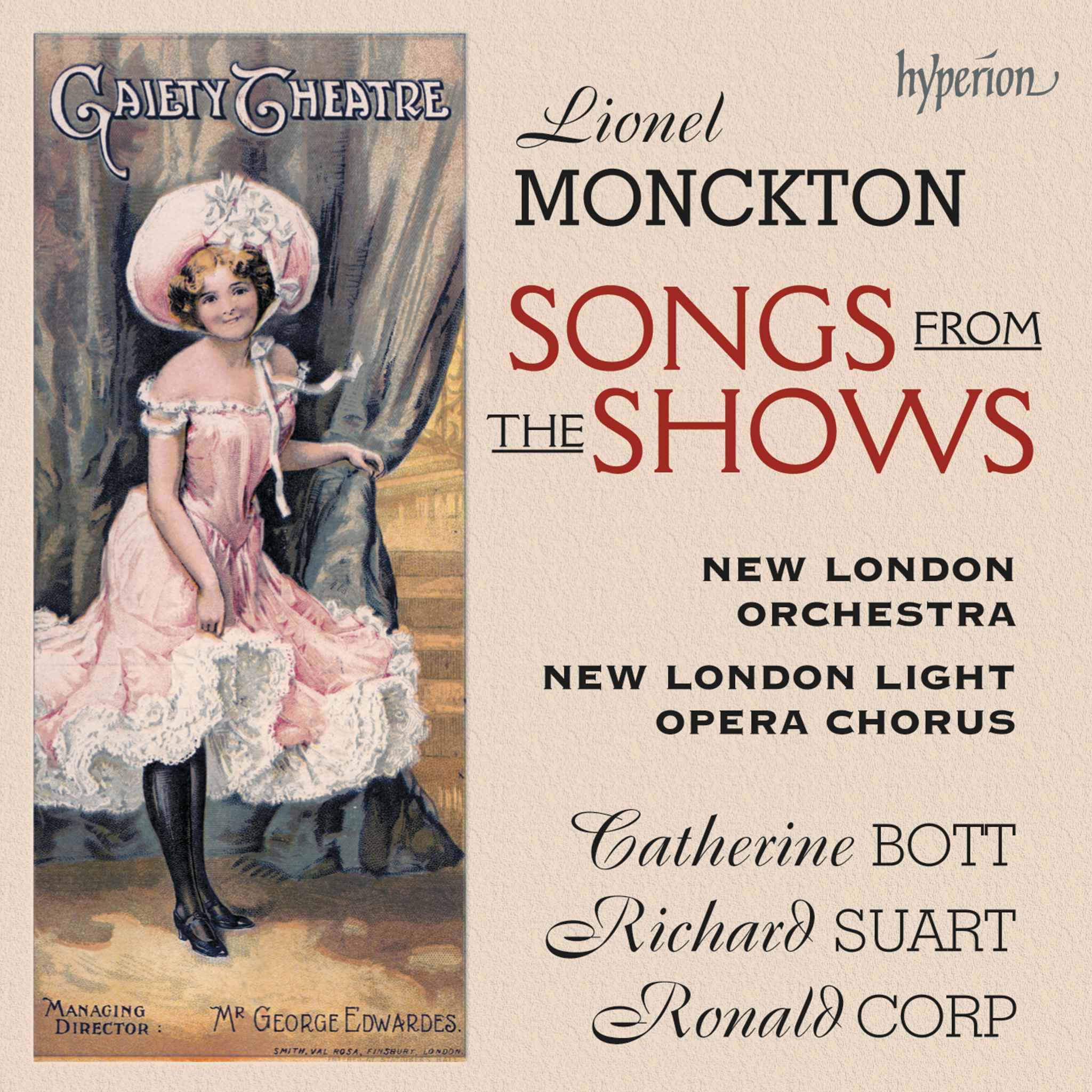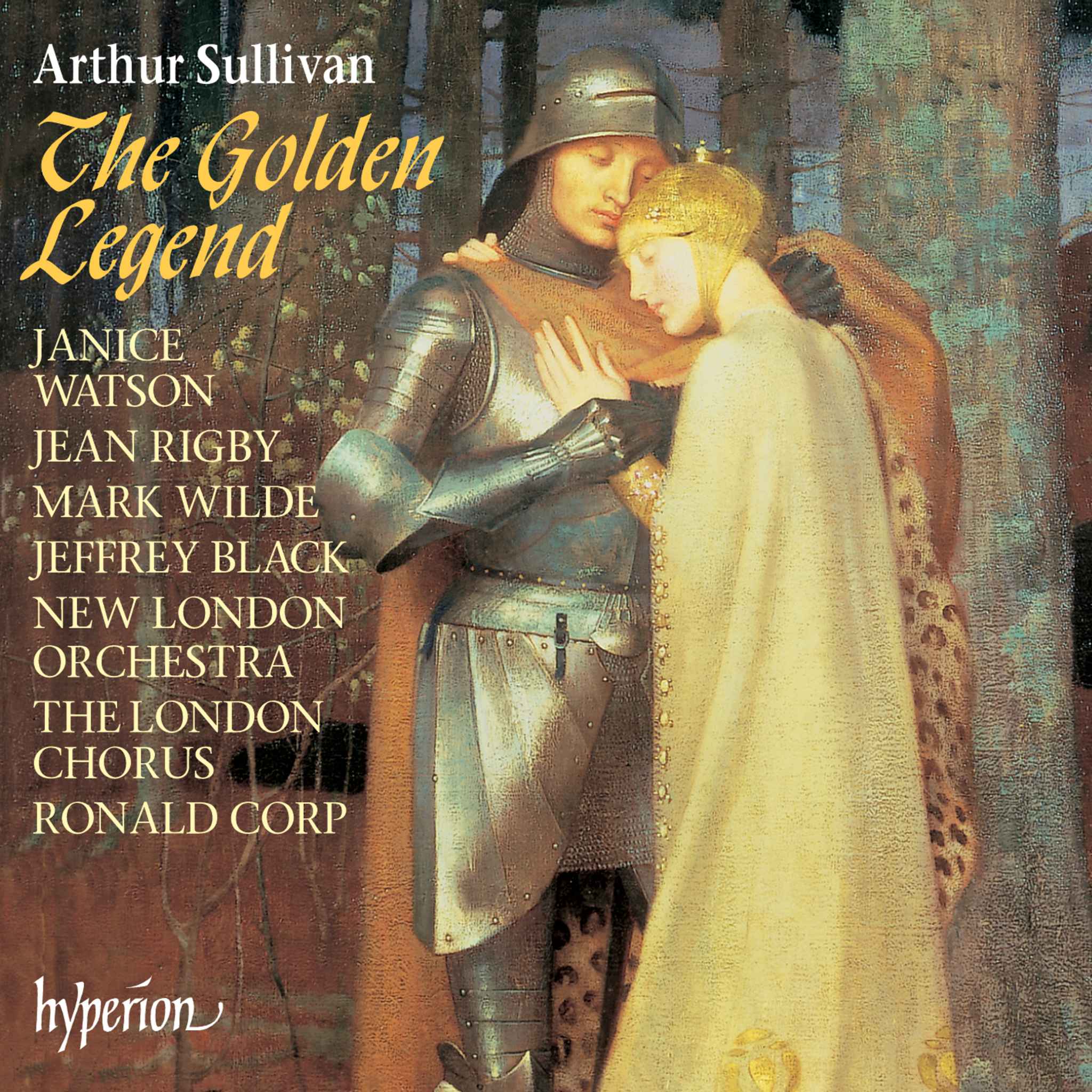Großbritannien blickt auf eine lange Tradition der Unterhaltungsmusik zurück, die vor allem durch kunstvolle Melodien besticht und das Publikum begeistert, ohne dabei tiefgründige intellektuelle oder emotionale Themen in den Vordergrund zu stellen. Werke aus der Ära von Königin Victoria bis hin zu Königin Elizabeth II. sind in diesem Repertoire vertreten.
Zu den frühesten Beispielen zählt das temperamentvolle Pas de quatre von Wilhelm Meyer Lutz, der in Bayern geboren und ausgebildet wurde und später als musikalischer Leiter in London tätig war. Dieser schwungvolle Tanz fand 1888 seine Uraufführung in der Burleske Faust Up to Date.
Noch vor dem Ersten Weltkrieg entstanden zahlreiche britische Walzer. Zu diesen zählen etwa das verträumte Dreaming von Archibald Joyce und Destiny von Sydney Baynes, dessen elegantes Hauptthema vom Cello getragen wird.
Mit Werken wie Nights of Gladness von Charles Ancliffe sowie Kompositionen von Albert William Ketèlbey, Eric Coates und vielen weiteren wurde die britische Unterhaltungsmusik nachhaltig geprägt. Jeder dieser Komponisten steuerte mit individuellem Stil und charakteristischer Melodik zum vielfältigen musikalischen Erbe bei.










